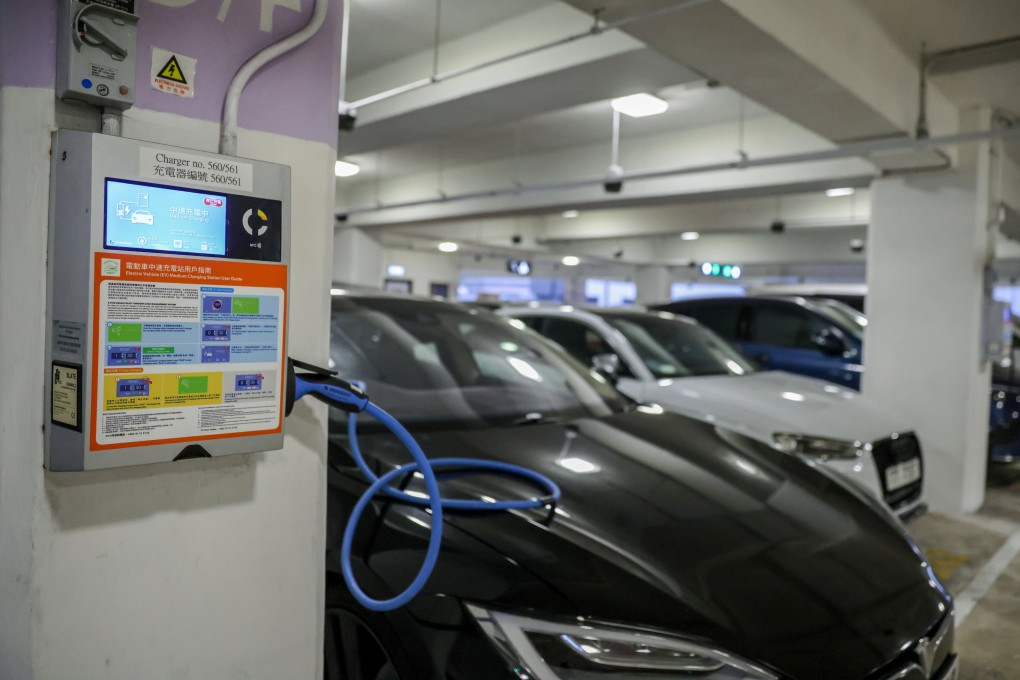Editorial | Balance struck in Hong Kong’s EV tax break extension
- The extension of the incentives took into consideration both the budget deficit and the environmental advantages of continuing to strive for electric vehicle adoption

Extending tax breaks to encourage faster adoption of electric vehicles (EVs) in Hong Kong was a sensible move. Considering Hong Kong’s budget deficit pressure, it is understandable that the two-year reprieve will come with conditions, but the adjustment must be closely monitored to ensure the city stays on a path towards a greener transport future.
Financial Secretary Paul Chan Mo-po used his February 28 budget speech to announce the extension of tax incentives that had been set to expire at the end of this month. The concessions were introduced in 2018 along with a government pledge to stop registering petrol-powered cars from 2035.
The policy change had a major impact. The proportion of EVs among all newly registered private cars raced ahead from 6.3 per cent in 2019 to 64.3 per cent in the first eight months of last year. Concessions were given to 34,445 EVs between 2020 and 2022 and almost all buyers replaced petrol-powered vehicles.
But from April, the maximum first registration tax concession for electric private cars will be slashed 40 per cent. That means the HK$287,000 (US$36,660) tax concession for those who trade in a petrol car will be cut to HK$172,500.
High-end EVs with a pre-tax price tag of over HK$500,000 will no longer be eligible. The concessions cost the government HK$14 billion in tax revenue from February 2018 to August last year. The tax incentives paid after the changes are estimated to be only about HK$3.1 billion per year.
While some in the industry have raised concerns that the policy shift could dampen enthusiasm for EV options, others said it could add energy to the market for lower-priced EVs including those made in mainland China. The industry players said they expect wealthy buyers will remain interested in buying top-end brands. EV prices have also dropped, which may help keep the market robust.
